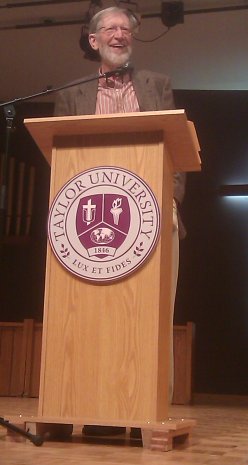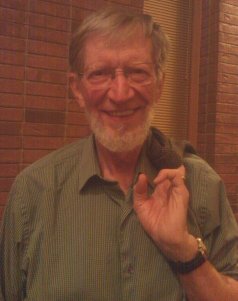The Southeast Homeschool Convention begins tomorrow, and I have six talks to give. I am excited to go, because the convention is organized by the same group that did the Midsouth Homeschool Convention two weeks ago, and it was a great success. My excitement partially gave way to disappointment, however, when I read Ken Ham’s blog entry from yesterday. Mr. Ham is a speaker at the same convention, but he is obviously upset at the fact that someone who disagrees with him will be speaking at the same venue.
He starts off his blog this way:
Sadly, one of the speakers also listed to give presentations does not believe in a historical Adam or historical Fall (he will also be promoting his “Bible” curriculum for homeschoolers). In fact, what he teaches about Genesis is not just compromising Genesis with evolution, it is outright liberal theology that totally undermines the authority of the Word of God. It is an attack on the Word—on Christ.
Then he gets really nasty. He claims that the speaker, Dr. Peter Enns, doesn’t have a Biblical view of the inspiration of Scripture and that his approach to Genesis and Romans will shock people.
Since Mr. Ham has decided to rip into a well-educated scholar with a publication list that includes such important journals as the Westminster Theological Journal and the Journal of the Evangelical Theological Society, I thought it only right for another young-earth creationist (yours truly) to offer a different view.




